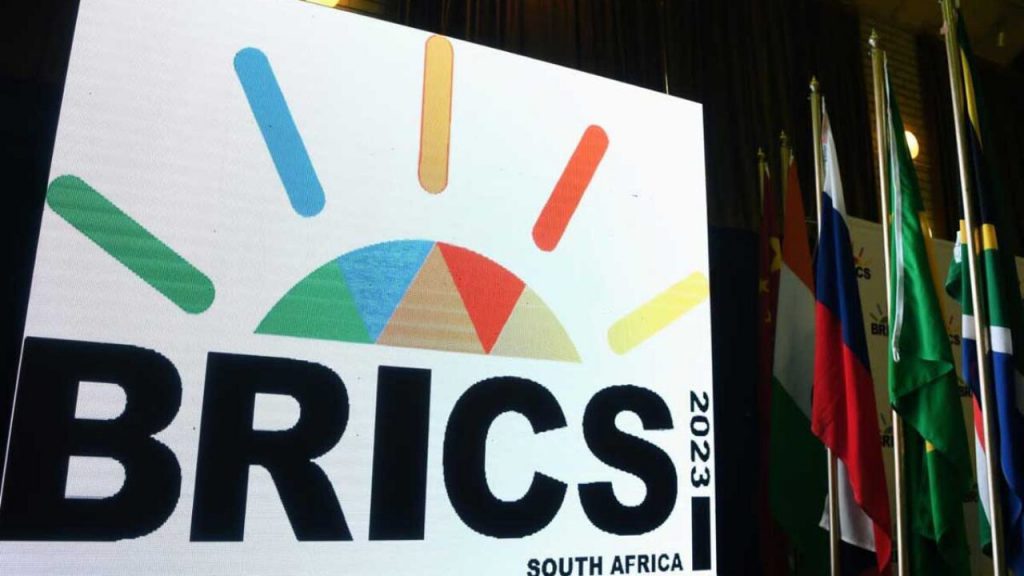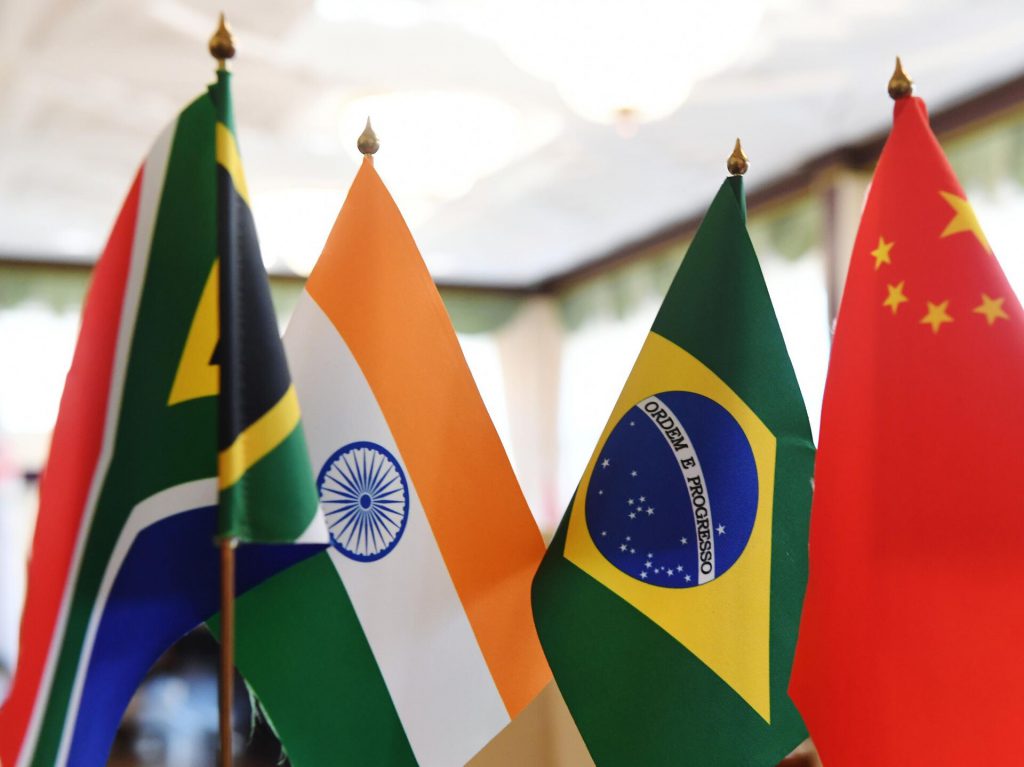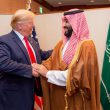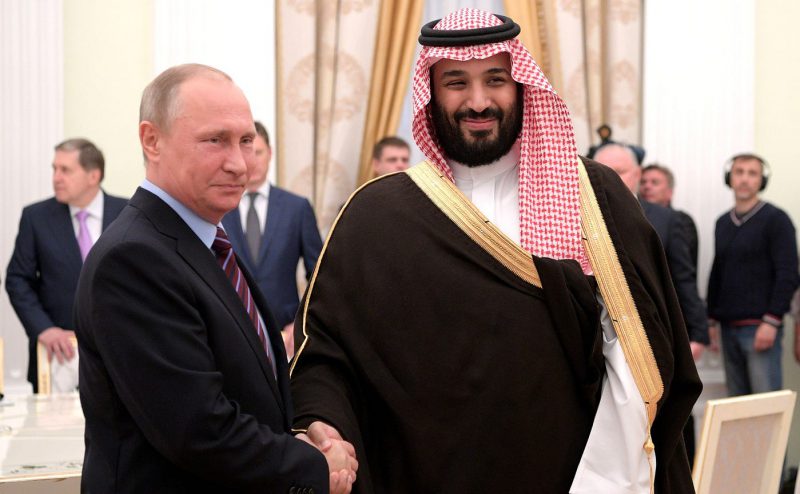At the highly anticipated annual summit, a BRICS expansion was confirmed; now the expanded alliance could be set to reshape global economics. Specifically, based on the bloc’s past tendencies and financial policies, they could bring about a continued shift in the global power balance.
The summit saw the inclusion of Saudi Arabia, Iran, the United Arab Emirates, Egypt, Ethiopia, and Argentina. Indeed, these countries bring three of the largest oil producers in the world to the economic alliance. Subsequently, the US dollar should prepare for an ever-changing economic landscape.


Also Read: BRICS GDP Reaches $31 Trillion With New Members
BRICS Expansion Poised to Shift Global Power Balance, and Economic Landscape
Over the last year, the BRICS bloc has embraced a move away from the US dollar. Indeed, the economic alliance has sought to promote the collective’s local currency usage. Moreover, the bloc has shown a penchant for focusing on trade within the collective. Over the past year, China increased trade with the BRICS by 12.1%, while India has recorded more than $100 billion in BRICS trade, according to data.
Now, those figures should only continue to increase, as the BRICS expansion could be poised to reshape global economics. As the BRICS bloc has embraced renewed trade over the last year, the six new participants should only increase that figure. But more so, it should increase significantly due to the sale of oil.


Also Read: 4 Biggest Takeaways From the BRICS Summit
Saudi Arabia, Iran, and the UAE represent some of the most significant sellers of oil globally. That kind of increase in lateral trade should already represent a significant increase in financial strength for the bloc. However, it should also heavily increase the bloc’s commitment to de-dollarization.
Currently, 90% of all oil sales globally are conducted using the US dollar. Conversely, that is likely to change with Saudi Arabia entering the economic alliance. In order to align itself with the bloc’s fiscal policies, there is a high probability that the bloc could embrace local currencies. Subsequently, its movement away from the greenback should have massive implications.
These two aspects should have massive ramifications for the global economic power balance. Moreover, they should bring forth opportunities for the economic alliance to bring about the multipolar change that it has hoped for.





